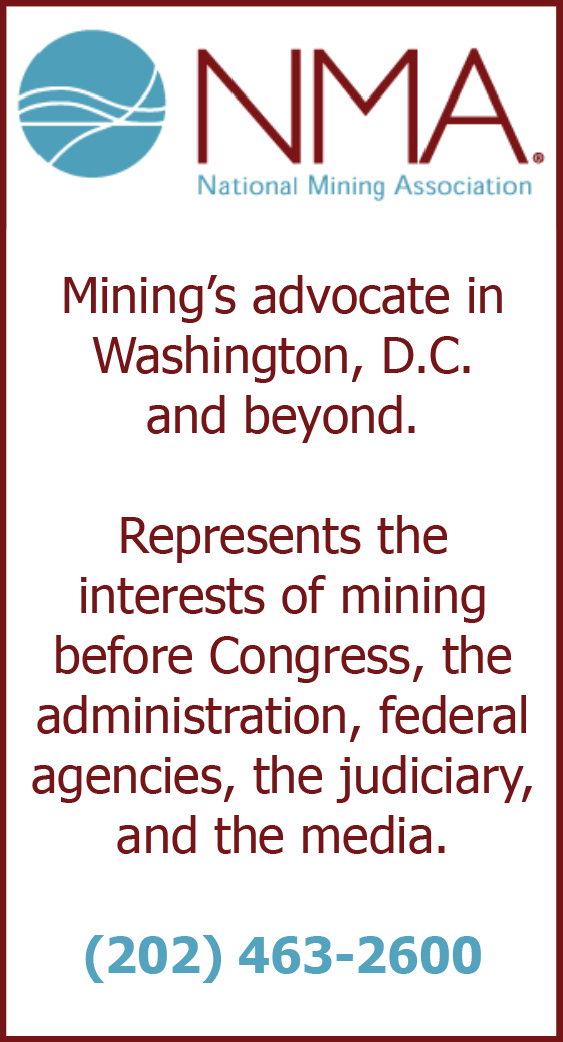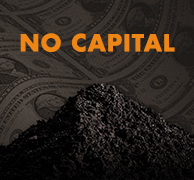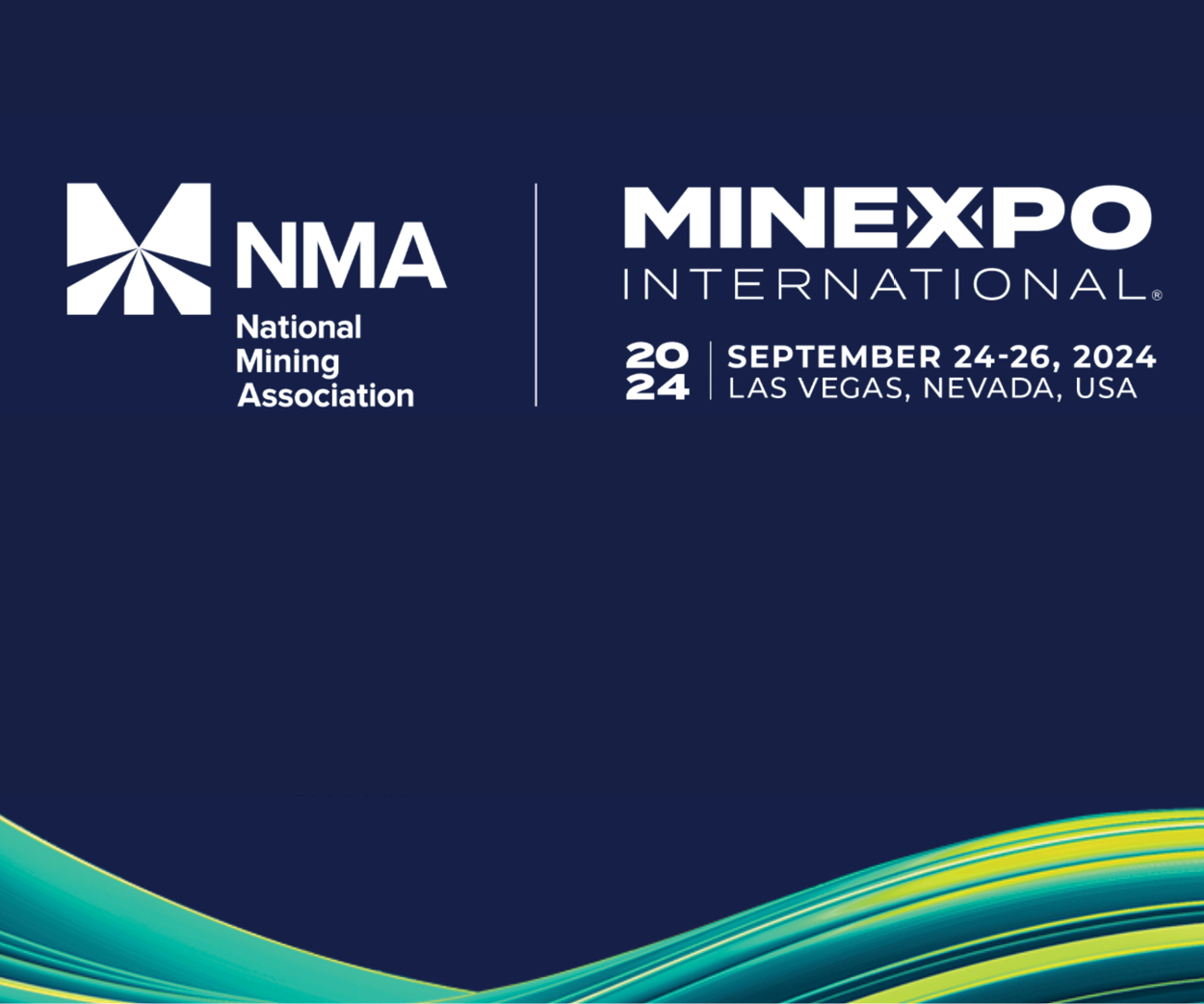Commentary: SEC’s Climate Rule Is Finally Here, But for How Long?
It took about four years to get to this point. It could take at least that long again before the last judge issues the final word on the rule’s legality.

[Click image to enlarge]

Richard Morrison
[Click image to enlarge]
The day many observers of financial regulation have long been awaiting (and dreading) has come. The Securities and Exchange Commission (SEC) voted to approve its final rule on disclosure of climate-change-related information for public companies. While the final rule was significantly less ambitious than the proposed rule released by the SEC in 2022, it is still flawed and vulnerable to legal challenge.
The climate-disclosure rule was a long time in the making, even given its great length and complexity. The origins of the rule go back to 2020, when the SEC Investor Advisory Committee approved recommendations urging the SEC to adopt new environmental, social, and governance (ESG) regulations. Later, in March 2021, Democratic acting chair Allison Herren Lee issued a request for public comment on potential climate-change-disclosure requirements. Responses flooded in from a wide spectrum of interested parties, followed by another blizzard of thousands of responses, for and against, triggered by the SEC’s notice of proposed rulemaking one year later.
The proposed rule was a monster by just about anyone’s standard. Its 500-plus draft pages required all public companies to report a laundry list of data on their operations and on greenhouse-gas emissions. Its reach also extended to the internal governance of the firms in question, involving data on how boards of directors operated and prioritized climate-change-related issues. It required companies to disclose not just the emissions they produced (known as scope 1), but also those from energy sources they used (scope 2), and, most controversially, from all of the upstream and downstream emissions connected to their operations (scope 3). This would include the emissions produced by, for example, their parts suppliers, but also emissions produced by their customers when their products were purchased and used in the future.
The SEC itself estimated that the rule, when fully implemented, would have increased the regulatory costs it imposes on U.S. firms from $3.8 billion to $10.2 billion every year. In other words, this single rule alone would have created more than a 250 percent increase in compliance costs relative to all other SEC regulations promulgated since the agency was founded. One might expect a dramatic benefit to result for such a massive increase in cost and complexity. But the rule would only give interested parties more information when making investment decisions, not actually achieve any specific environmental goals.
The theory advanced by the SEC was that there was a massive unmet market need for extremely specific and granular data in this area, and that investors large and small were poised to use such reporting to guide their future investment decisions. As I said to participants at a conference on environmental finance and risk management in 2023, however, it would be hard to imagine this data being used to fine-tune climate investments in the way suggested by the SEC without first seeing a large-scale divestment from the allegedly worst offenders in the oil and gas sector.
If supposedly climate-conscious institutional managers refuse to divest from holding ExxonMobil and Chevron, why would they divest from company A for having, say, a 1.7 percent larger carbon footprint than company B, a previously unverifiable difference only brought to light by the new rule’s mandated disclosure? Capital that’s still flowing to the oil supermajors is not going to start flowing uphill to green investment alternatives just because the companies involved start filing thousands of new spreadsheets with the federal government.
Is the final version of the rule an improvement? In that having one’s leg amputated is superior to dying of sepsis, one could say yes. The agency wisely eliminated the problematic scope 3 requirement, instead adopting revised language that theoretically allows firms to decide for themselves whether they consider certain emissions-related data to be material or not — the traditional standard for SEC disclosure mandates.
That appearance of discretion, however, should not be taken too seriously. As Republican commissioner Hester Peirce said in her dissent from the SEC’s decision, “While the commission has decorated the final rule with materiality ribbons, the rule embraces materiality in name only.” Any company that tries to get out of expensive compliance paperwork by simply declaring such concerns to be immaterial to their way of doing business would be taking a terrible risk, both from potential SEC enforcement actions and activist-shareholder lawsuits.
Speaking of lawsuits, however, the SEC itself is about to be on the receiving end of plenty of them. Many well-informed legal observers have published analyses over the past couple of years arguing that the SEC’s plans are likely illegal or unconstitutional. Indeed, the agency’s former deputy general counsel, Andrew Vollmer, insisted that new ESG rules would require congressional authorization. He wrote for the Mercatus Center in 2022, “If the SEC acts to compel climate-related disclosures without additional enabling legislation, the rules face a significant chance of being set aside by a reviewing court.”
My own Competitive Enterprise Institute colleague Stone Washington added another angle to the analysis earlier this year, pointing out that recent federal court precedent in the realm of administrative law, like Axon v. FTC, could also weaken the SEC’s ability to enforce the rule’s requirements. This is on top of the current Supreme Court majority’s increasing enthusiasm for the major-questions doctrine and the implications of their smacking down of the Environmental Protection Agency for similar overreach in West Virginia v. EPA.
The SEC also faces First Amendment concerns about compelled speech. An interesting case from 2015, also involving the SEC, may be instructive here. An obscure provision of the Dodd-Frank Act from 2010 required U.S. firms to declare that certain minerals they used were “conflict-free,” over concerns that corporate procurement was somehow fueling civil war in the Democratic Republic of the Congo.
The rule was challenged by the National Association of Manufacturers (NAM), and the D.C. Circuit agreed with their argument that the law’s requirement was an unconstitutional instance of compelled speech. Federal agencies such as the SEC can only compel the disclosure of “factual and uncontroversial” information. The robust debate over climate science and policy might bring those arguments from NAM v. SEC back into the mix regarding the agency’s new rule.
There are already two live legal challenges to the rule. Ten state governments, led by West Virginia attorney general Patrick Morrisey, have filed a petition in the Eleventh Circuit which claims that “the final rule exceeds the agency’s statutory authority and otherwise is arbitrary, capricious, an abuse of discretion, and not in accordance with law.” Boyden Gray & Associates is representing Liberty Energy in another challenge to the rule, and has filed a petition in the Fifth Circuit seeking emergency relief, including requesting a ruling within ten days.
This multistate AG suit will likely not be the last. The U.S. Chamber of Commerce’s Tom Quaadman, for example, said in a statement last week that his organization “. . . will continue to use all the tools at our disposal, including litigation if necessary, to prevent government overreach and preserve a competitive capital market system.”
Starting with the earliest recommendations from within the SEC, it took about four years to get to this point. It could take at least that long again before the last judge issues the final word on the rule’s legality.
By: Richard Morrison, National Review
Richard Morrison is a senior fellow at the Competitive Enterprise Institute and the host of the Free the Economy podcast.





















